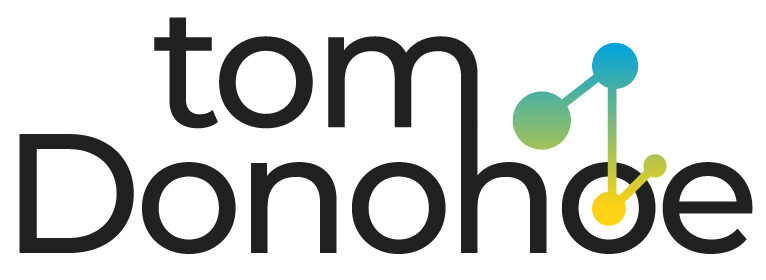How To Do SEO Competitor Analysis

What is an SEO Competitor Analysis?
Analyzing SEO competitors allows you to look at the ways your competitors are improving the content on their websites and content to be SEO-friendly.
This is also an excellent method to see who your competitors are in relation to specific search terms, as well as the new ones you may be ranking for or any gaps in your competitors’ content that you could fill.
There’s an audio edition of the blog as well as podcasts as well. Whatever way you’re learning, We’ve got you covered!
Identify Target Keywords
There is only one keyword in order to do a competitor analysis.
Seriously, only one.
One of the benefits of completing an SEO competitor study is that you’ll be able to find more phrases and keywords to add to your list of keywords as you make your way through the list.
If you’re able to have several, then that’s awesome! We recommend having at minimum 25-50 keywords to cover all your SEO activities, but you should use your most crucial keyword to conduct your SEO analysis of competitors.
If you’re using excessively many words, you’re likely to end up with a list of competitors that is far overdue and can take hours to go through.
Suppose you’d like to know more about your keyword research. In that case, we’ve created several incredible guides to the study of keywords (even if we admit it ourselves) and created videos to guide you through the entire process step-by-step.
There’s plenty you can determine the competition in your field in terms of SEO by doing a quick Google search.
There aren’t many advertisements in this search, which might be because this term isn’t popular enough in terms of PPC or, as there’s a shopping carousel advertisement, Google has reduced the number of search ads based on text. This suggests that if we were to launch PPC for this particular search term in the near future, it would be likely that shopping ads would be the best option to compete against other brands.
It is also evident the presence of numerous brands competing for this particular search. If the search term produced a large number of results that were informational rather than brand names, this could make us believe that the time can be described as being considered an info-based search instead of one that leads to the purchase.
Let’s begin by taking a look at some of the most important information available from Semrush* to assist us in benchmarking.





